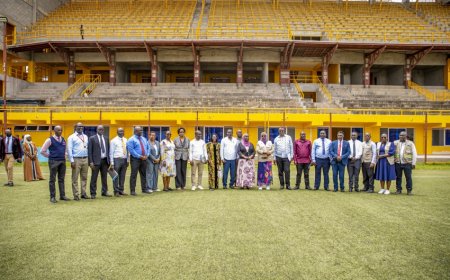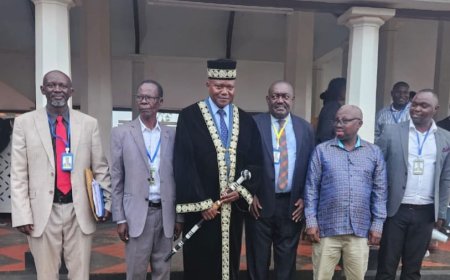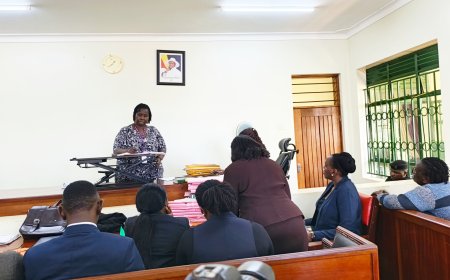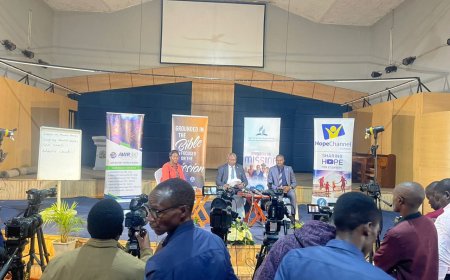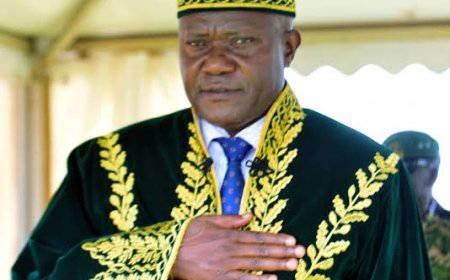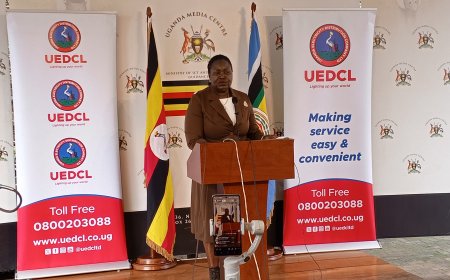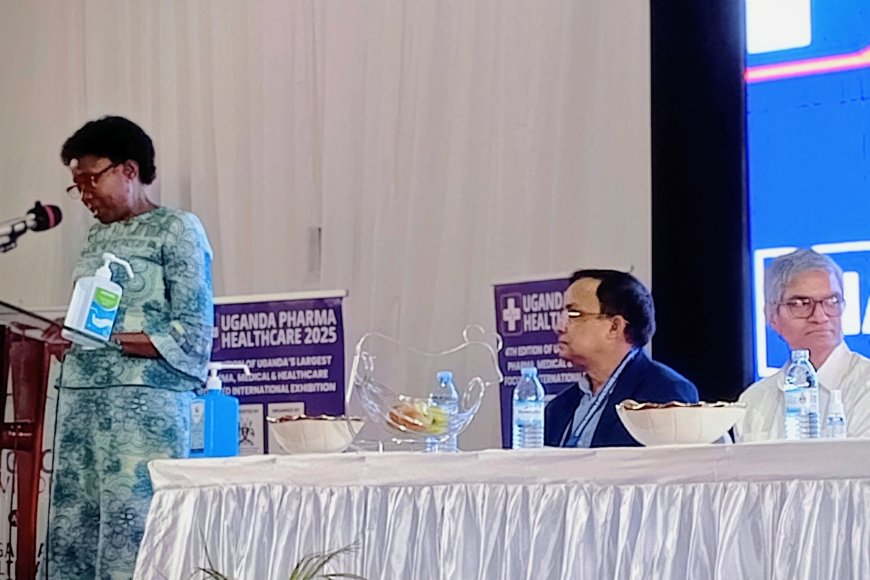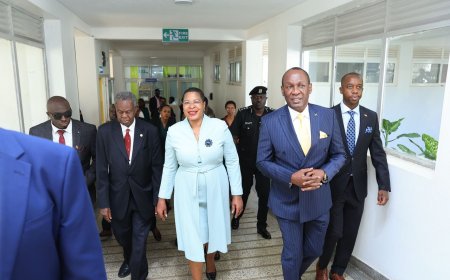Lighting the Path to 2030: The Vital Role of Candlelight Memorial Day in Ending AIDS in Uganda
THE IMPORTANCE OF COMMEMORATING THE CANDLELIGHT MEMORIAL DAY IN MAY: A CRUCIAL STEP TOWARDS ENDING AIDS BY 2030 – A CALL FROM CANON DR. RUTH SENYONYI
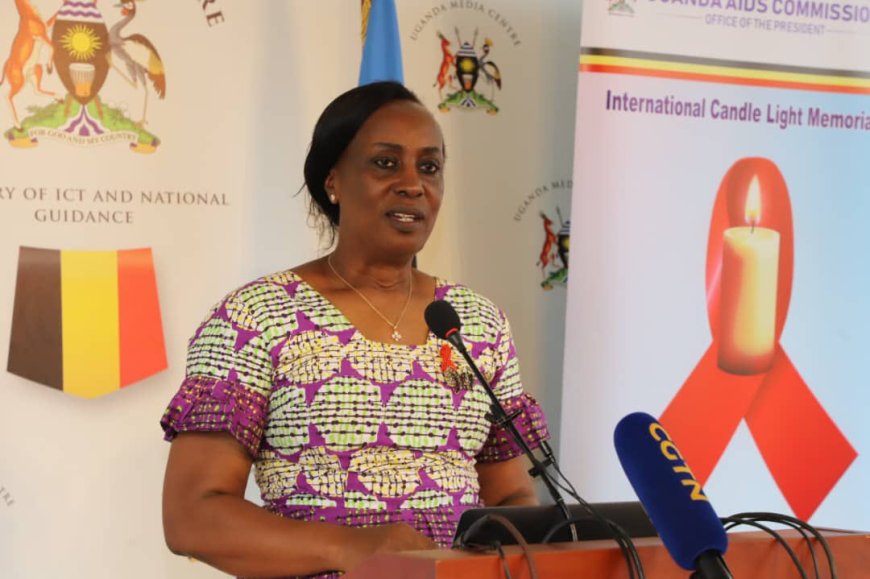
Each year in May, the world pauses to remember lives lost and stand in solidarity with those still living with HIV/AIDS through the International Candlelight Memorial Day. According to Canon Dr. Ruth Senyonyi, Board Chairperson of the Uganda AIDS Commission, this annual event is not merely a ritual of remembrance but a powerful tool for advocacy, public health awareness, and mobilization toward the collective goal of ending AIDS as a public health threat by 2030.
Started in 1983, the Candlelight Memorial is one of the oldest grassroots mobilization campaigns for HIV awareness globally. In Uganda, where AIDS has claimed more than two million lives since the 1980s, the commemoration serves as a solemn yet hopeful reminder of the journey traversed, the progress made, and the road ahead.
In 2025, Uganda will mark this important day on Friday, May 16, with the main event taking place at the Uganda AIDS Commission offices in Ntinda, Kampala. Hon. Babirye Milly Babalanda, Minister for the Presidency, will preside as Guest of Honour. The day will include pre-events across the country, HIV awareness drives, health talks, testing and counselling services, and a solidarity HIV Walk from the City Square to Ntinda.
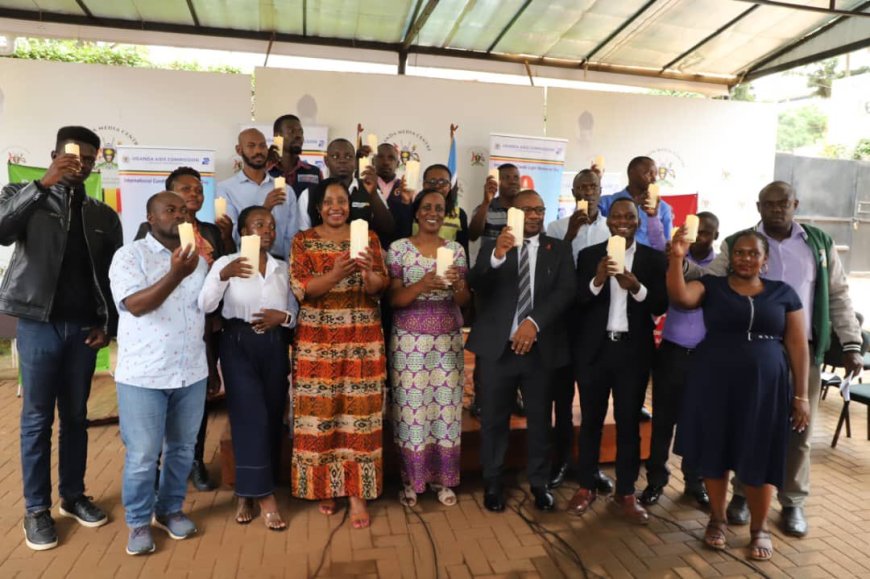
This year’s international theme is “We Remember, We Take Action, We Live Beyond HIV,” while Uganda’s national theme underscores a forward-looking vision: “Ending AIDS by 2030: Building Sustainable HIV Response.” These themes reflect the country’s commitment to sustaining momentum and ensuring the delivery of comprehensive HIV services beyond 2030.
Canon Dr. Senyonyi highlights that the Candlelight Memorial is a pivotal platform to:
Engage stakeholders in reviewing and advancing the National HIV Sustainability Strategy.
Mobilize and sensitize up to 10 million Ugandans on HIV prevention and care.
Reaffirm community responsibility in improving treatment retention and achieving the 95-95-95 targets set for 2030.
Despite tremendous progress—such as the 48% reduction in AIDS-related deaths from 37,000 in 2016 to 19,000 in 2023, and a drop in new infections from 52,000 to 38,000 over the same period—the threat remains real. Uganda still has an estimated 1.49 million people living with HIV, with 1.3 million currently on treatment. Adult HIV prevalence stands at 5.1%, with disproportionate burdens on women (6.5%) compared to men (3.6%).
Dr. Senyonyi warns that the drivers of new infections remain deeply rooted in social and structural challenges—such as multiple sexual partnerships, early sexual debut, sexual and gender-based violence, transactional sex, stigma, and poverty. Confronting these issues requires a united effort from all sectors of society.
The role of political leadership, particularly that of President Yoweri Kaguta Museveni, has been central to Uganda’s progress. The launch of the Presidential Fast-Track Initiative in 2017 signaled a renewed national commitment to ending AIDS by 2030.
Canon Dr. Senyonyi passionately calls upon every Ugandan—leaders, parents, youth, faith communities, and people living with HIV—to take responsibility:
Youth and men are reminded to avoid risky behaviors such as drug and alcohol abuse.
Adolescents are urged to resist peer pressure and make informed life choices.
Parents are encouraged to guide and communicate openly with their children.
People living with HIV are advised to adhere to treatment and embrace positive living.
As the nation prepares for Candlelight Memorial Day 2025, Canon Dr. Senyonyi appeals to all Ugandans to light candles at workplaces, in homes, places of worship, and public spaces to honor lives lost, support those still fighting, and commit to a future free from AIDS.
“We stand in solidarity with people living with HIV and remind ourselves that there is still work to do,” she says. “Let us light the candle and share the challenge together. Only then can we look ahead to a Uganda with Zero New Infections, Zero Stigma, and Zero AIDS-related Deaths.”
Indeed, commemorating Candlelight Memorial Day every May is not only about remembrance—it is a strategic and spiritual reaffirmation of Uganda’s collective determination to end AIDS by 2030.















































